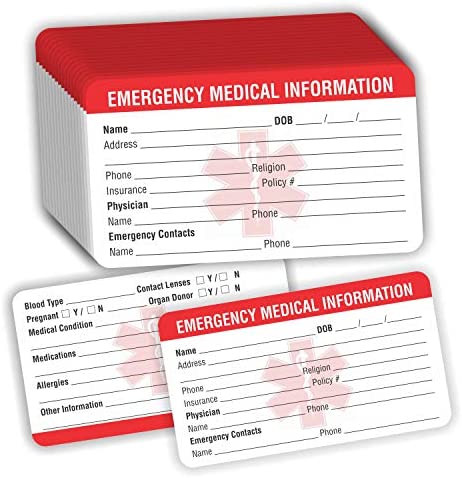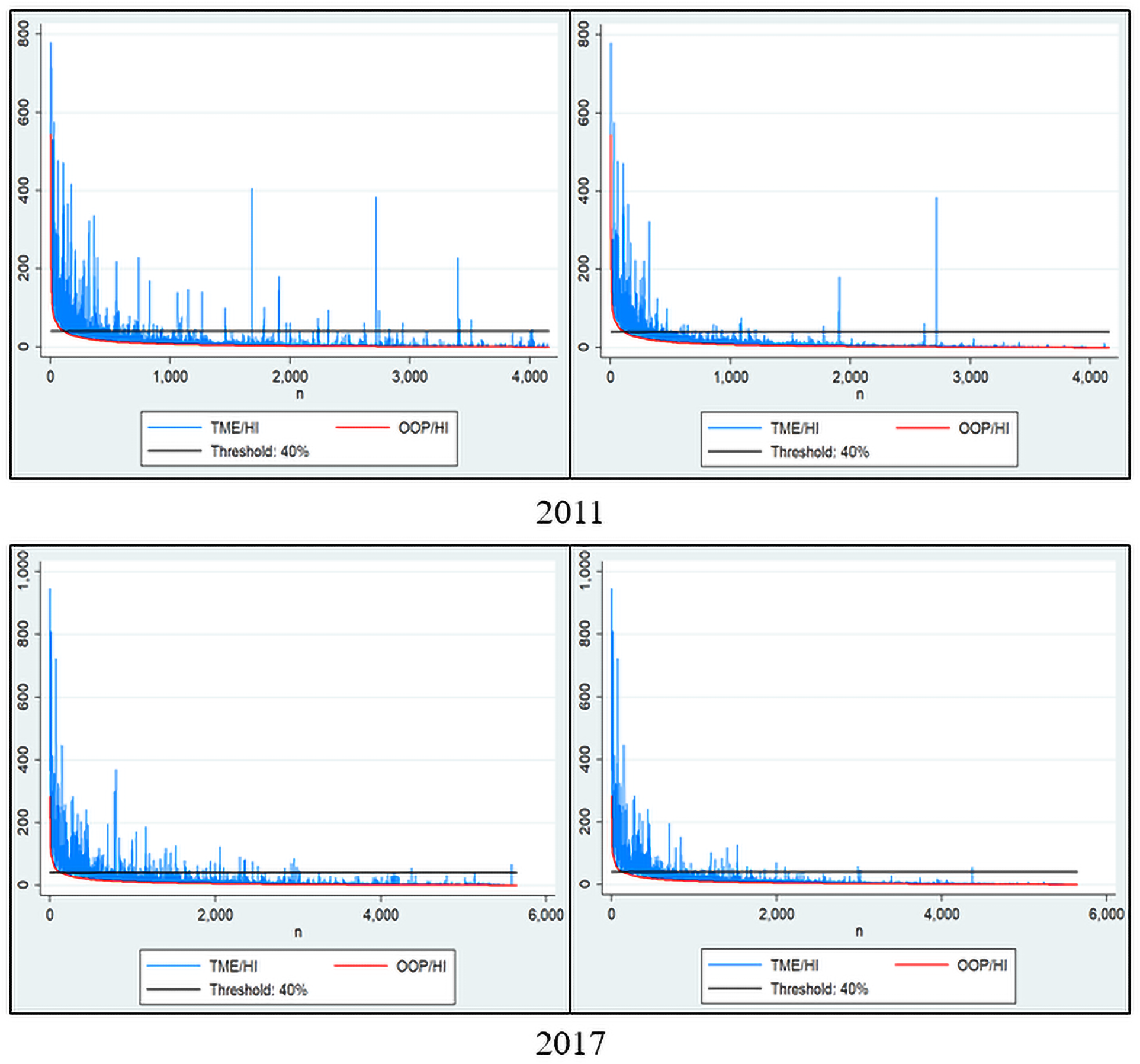
Idaho residents have a variety of choices when it is comes to health insurance. There are many carriers in Idaho including Blue Cross of Idaho and Regence Blue Shield Idaho, Molina, as well as PacificSource. Additionally, Idaho provides Medicaid, a federally funded program for low income individuals. Medicaid offers free or low-cost coverage to those who are eligible.
The Affordable Care Act (ACA) also has a large impact on the state's residents. You might be able reduce your monthly payment if the premium tax credit is available to you. You can also purchase an off-market plan through an insurance broker. It is important to fully understand the advantages of each option before making your final choice.
Idaho has three main metal classes or tiers of health insurance. There are plans of varying levels in each class. For example, the Silver category is for moderate medical needs while the Gold is for chronic illness. A Silver-class plan will cover 70% of your medical costs while a gold plan will cover the remaining 80 percent.

The bronze level covers 60 percent of your medical bills and is the cheapest. However, the monthly premium for the gold class will be higher. Similar to the gold class, silver will have lower deductibles or copayments.
Idaho's largest population is actually covered by individual-market policies. For an example, the average cost of an individual health insurance policy in Idaho is $231 per year. While this is a good deal compared to the cost of a benchmark plan, it's not a bargain if you're in the market for a more comprehensive policy.
The ACA also introduced new regulations regarding health insurance. Insurance companies must offer coverage for preexisting health conditions and provide all necessary health benefits. To pay for medical expenses, you can also use an HSA. All insurance plans must adhere to the ACA rules regarding coverage.
The Affordable Care Act allows Idaho residents to shop for new plans. The November open enrollment period is for the ACA. You'll have a period of 60 days in which to cancel your current plan or switch it. This makes it easy for those who don’t like their current coverage make the switch.

Of course, the most important piece of news is that you can apply for Medicaid. The federally-funded program will provide basic dental and health services for low-income residents. These benefits include visits to the doctor, immunizations, hospitalization, and more. Furthermore, you'll be able to get your children's vaccinations, too.
Depending on your health situation and budget, you may want to consider purchasing an individual health insurance plan. It all depends on what your needs are and where you live. You can find the best plan for you by shopping around. Remember that you can enroll in special periods if your coverage is canceled.